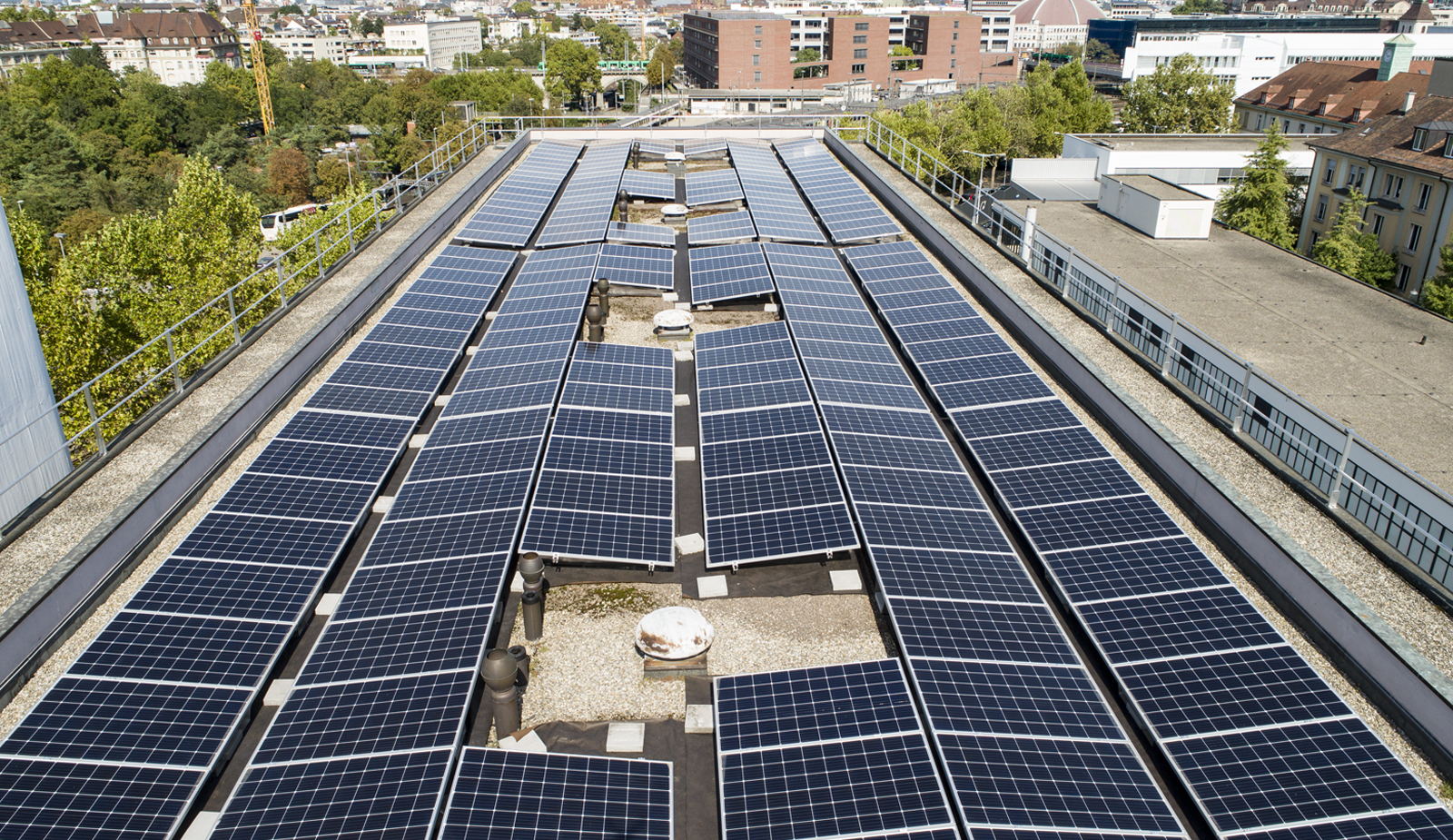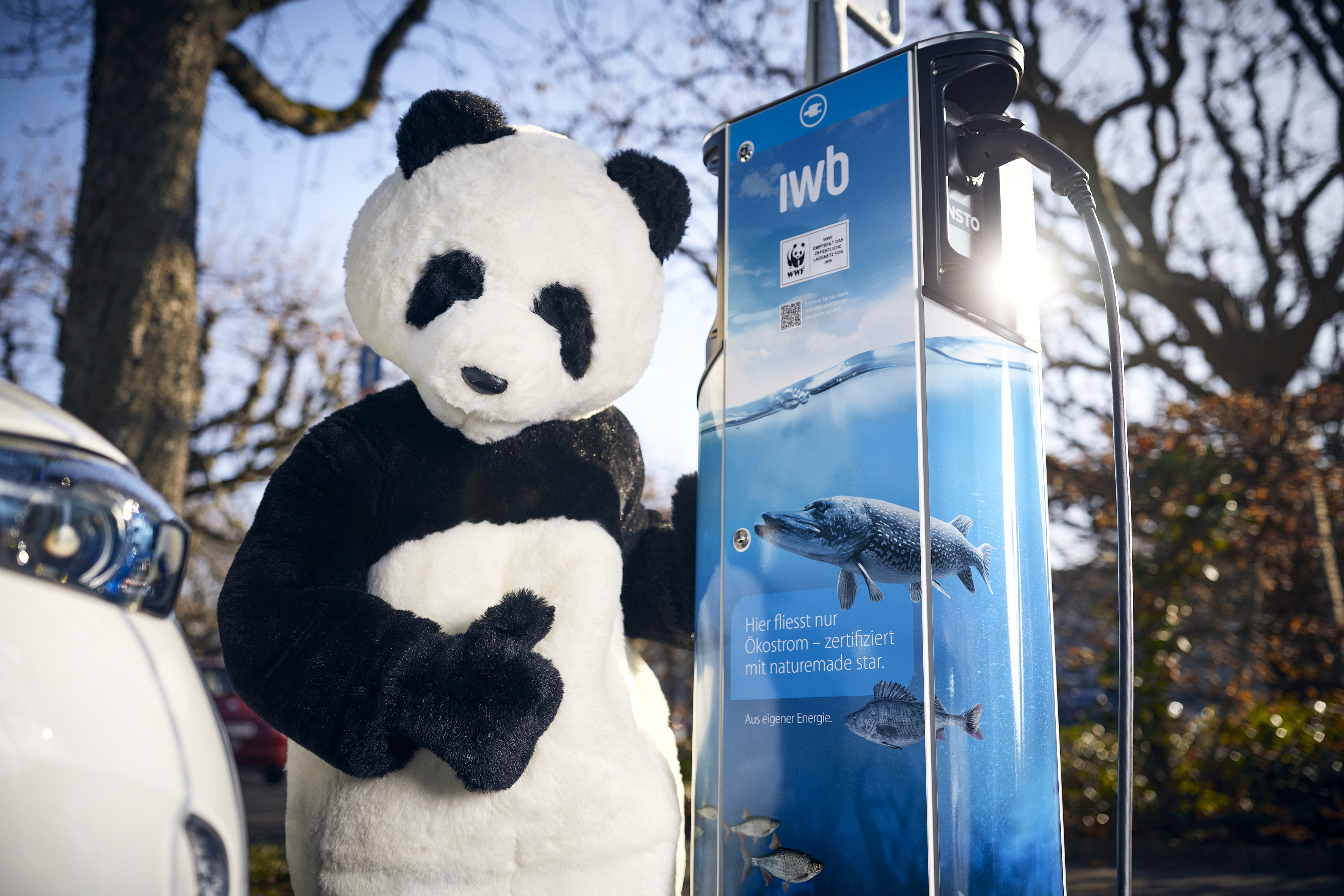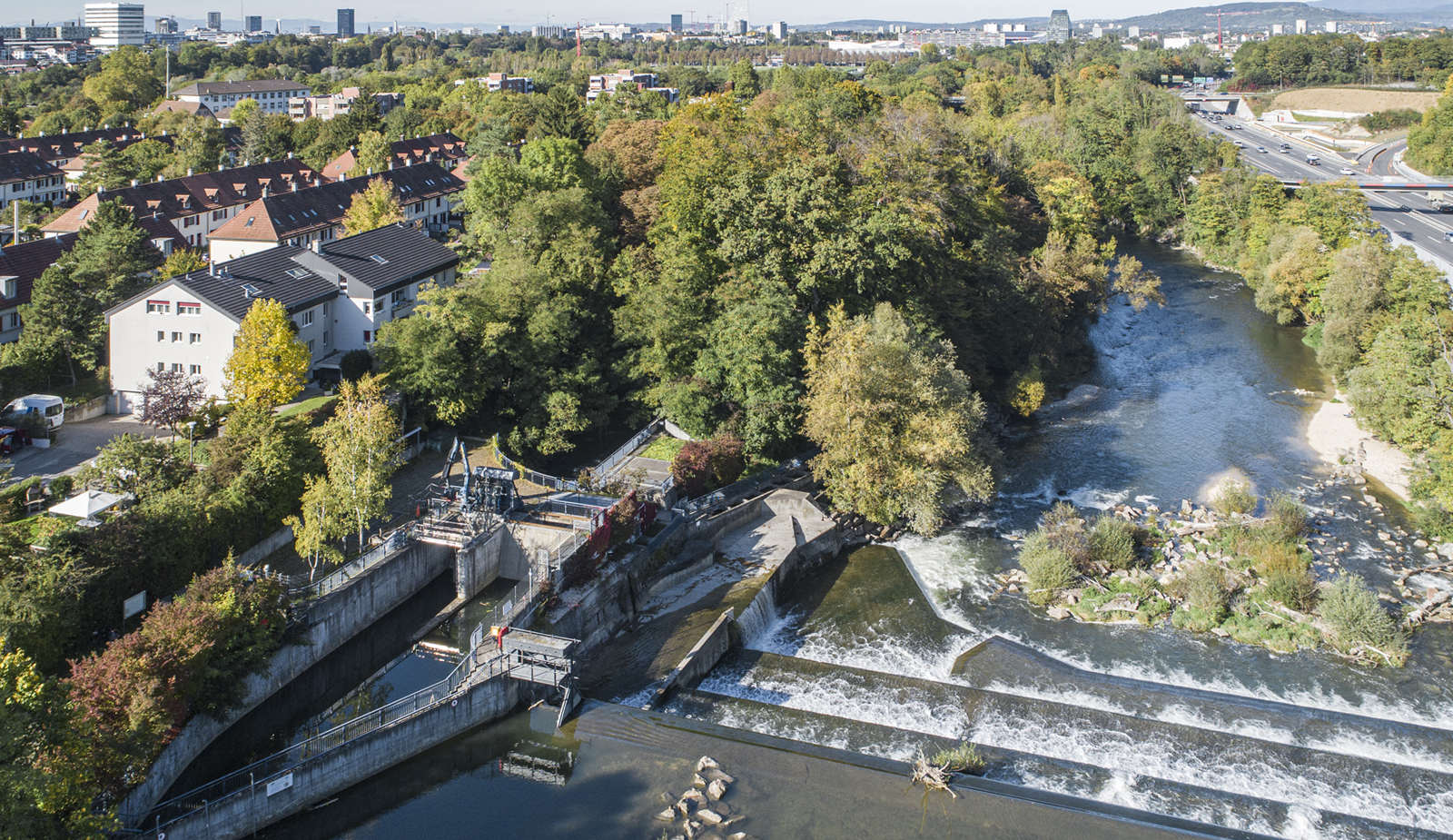Partnership with IWB 2020
The WWF and IWB are partners for renewable and efficient energy supply in the Basel region, which is also compatible with the requirements for the protection of nature and wildlife.
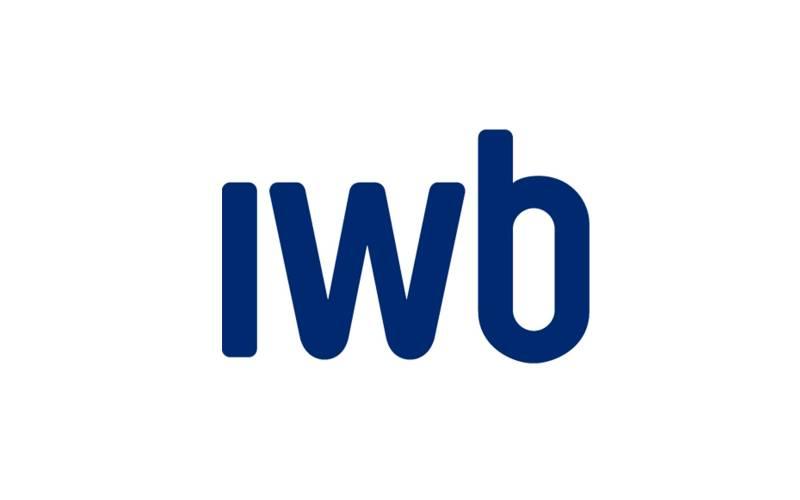
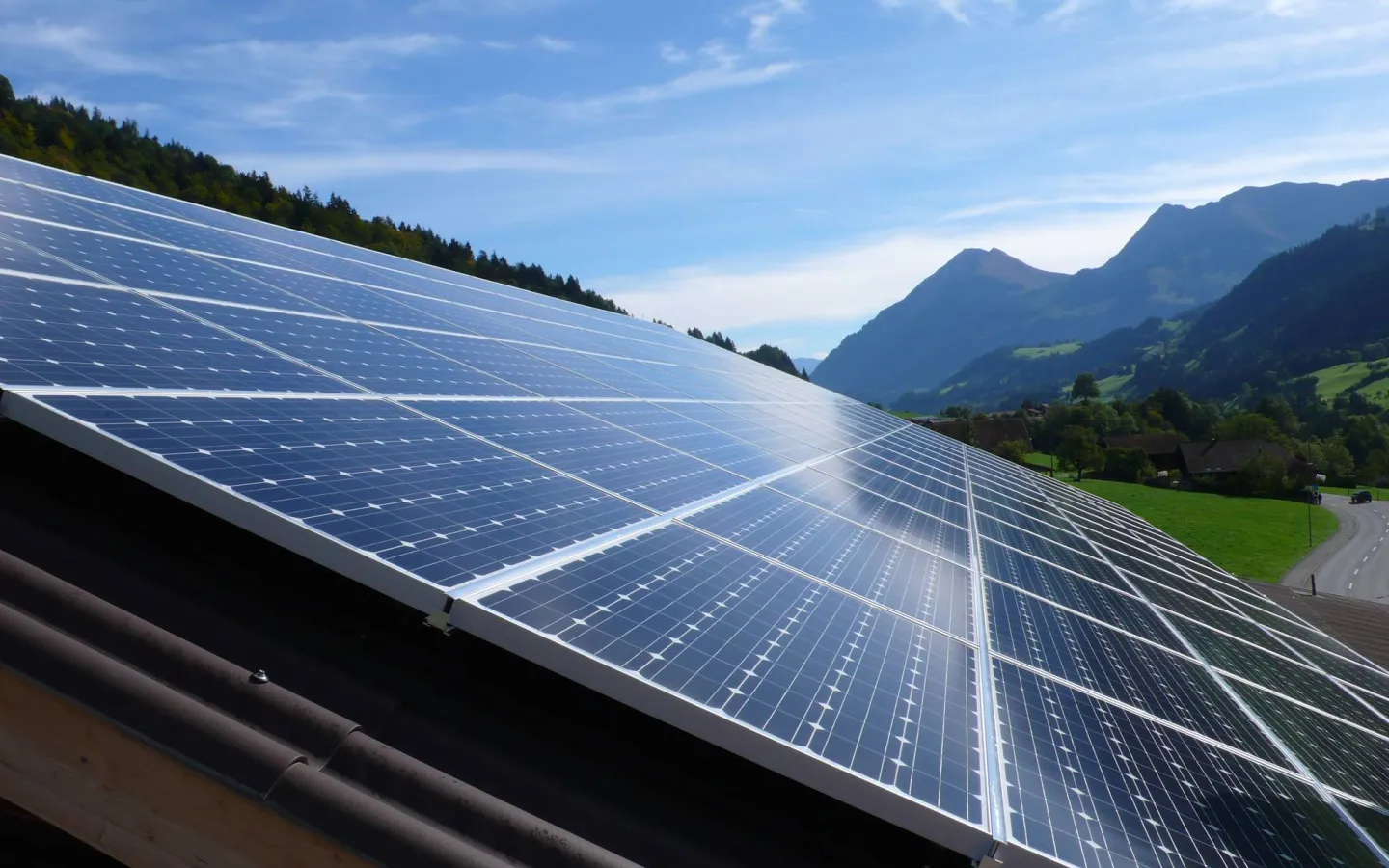
Climate and Energy
IWB and WWF work together to expand renewable and climate-friendly power and heating supply in and around Basel. They are committed to increasing power and heating efficiency and emphasise this commitment to politicians and the public. Together, the partners develop ideas for new ecological products and services. Moreover, WWF and IWB combine efforts to ensure that fish can pass through the hydropower plants of IWB, and to either maintain or achieve sustainable certification of these plants with the naturemade star quality label. This primarily concerns the plants that are fully owned by IWB, but also to other IWB shareholdings. The overall goal is to allow fish better passage and protect the waters.
Reduction of CO2 emissions
IWB has set the goal to reduce CO2 emissions from its energy sales by 67% in 2030 compared to 1990. The quantity of CO2 emissions is measured in tonnes. The scope comprises all IWB business areas, including sales of natural gas, district heating, contracting, and power.
In 2020, CO2 emissions amounted to 638,930 tonnes, approximately 48% lower than in 1990.
Expansion of power production from photovoltaics
IWB has set the goal of increasing domestic photovoltaic power production by 16 GWh by 2022 compared to 2018. The photovoltaic power quantity is measured in GWh.
In 2020, the quantity of domestically generated photovoltaic power was 20 GWh, an increase of more than 53% compared to 2018.
Comment: The acquisitions made in 2020 will not affect the amount of power produced from photovoltaics until 2021.
Stronger green energy sales to business customers
IWB has set the goal to acquire two additional major customers by 2022, who purchase at least part of their energy from green sources (naturemade star-certified power or Swiss solar power).
In 2020, two new major customers were acquired.
Reduction of fossil gas sales
IWB has set the goal to reduce the sales of fossil gas by 4 percentage points annually, beginning in 2018. The quantity of fossil gas sold is measured in GWh and climate corrected (fossil gas = natural gas as well as imported biogas/power to gas without Swiss climate benefits).
Furthermore, IWB has committed not to expand the gas infrastructure further: In Basel-Stadt, IWB plans to stop installing gas connections — unless it has an exemption permit from the canton. In Basel-Land, IWB has agreed not to build any new gas connections beyond the existing supply area, and to refrain from investing in ad campaigns to attract new natural gas customers.
IWB met the reduction target in 2020. Sales of fossil gas were reduced by 9.98 percentage points compared to 2018.
• Gas connections realized by IWB in Basel-Stadt without an exceptional permit from the canton: 0
• Gas connections realized by IWB in Basel-Land beyond the existing supply area: 0
• Budget for ad campaigns for natural gas: CHF 0.–.
Increase in energy efficiency
IWB has set the goal to reduce the energy consumption of its end users with a consumption of less than 500 MWh/year in the network area by 1.5% per year (corrected for number of end customers, number of heat pumps, and the development of electromobility, averaged over the period from 2019–2022) compared to the average annual consumption in the period from 2013–2015. The energy consumption of end customers with a consumption < 500 MWh/year is measured in GWh (reporting date 31/12/2015).
In 2019, the energy consumption of IWB end customers was 11.9% below the average consumption of the years 2013-2015.
Comment: In the performance reports of previous years, it was noted that the annual electricity consumption on which the calculation is based had been corrected for the annual temperature. However, this was not the case.
In addition, the values were documented incorrectly in the 2019 performance report. This has now been identified and corrected through an audit by PwC. In this context, the presentation of goal achievement was changed to a relative presentation (goal achievement in percent).
The figures for the goal electricity efficiency are reported with a one-year delay, as the real figures are reported rather than forecast figures.
Improving heating efficiency
IWB has set the goal to reduce the heating consumption of end customers in its network area by 2% per year (corrected for climate factors, averaged over the period from 2019–2022) compared to the consumption in the period from 2013–2015. From 2016–2018, there was a mandatory average annual reduction of 0.5%. The heating consumption of end customers in the IWB network area is measured In GWh.
In 2019, IWB end customers decreased their heating consumption by 5% compared to the previous year (absolute actual value 2019: 2063.4 GWh).
Comment: The values were documented incorrectly in the 2019 performance report. This has now been identified and corrected through an audit by PwC.
The figures for the heat efficiency goal are reported with a one-year delay as the actual figures are reported rather than forecast figures.
